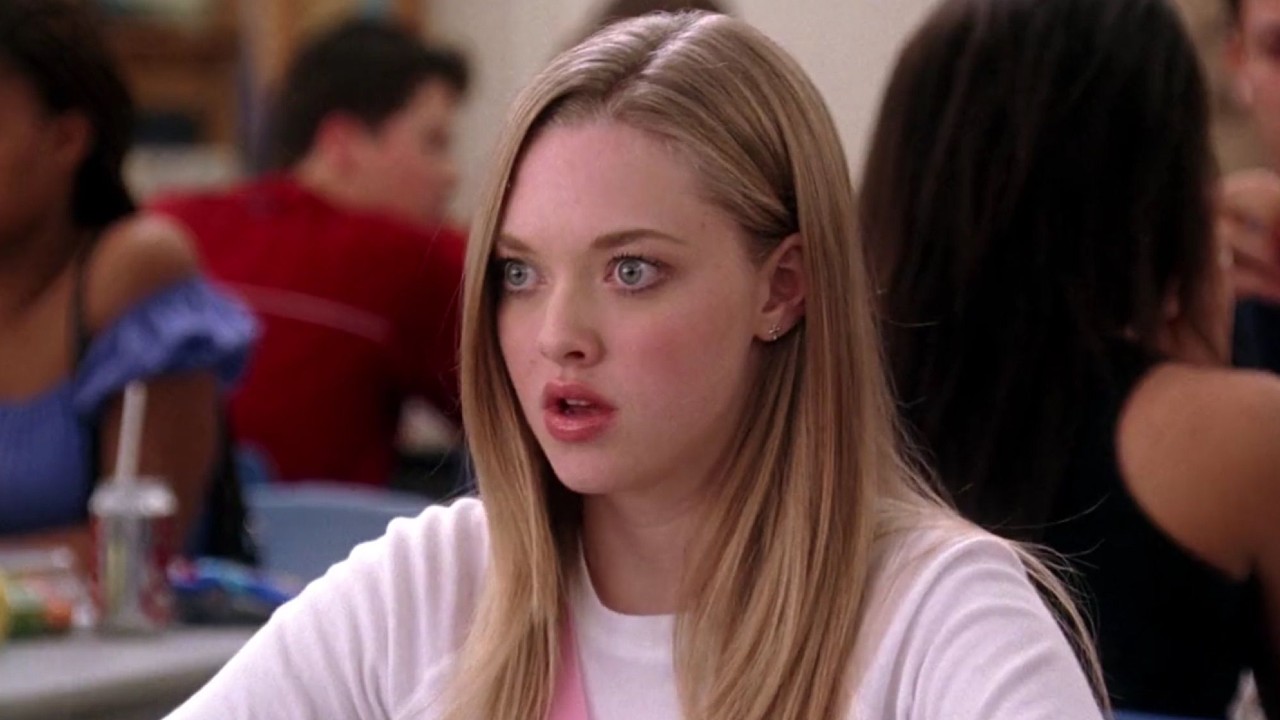What Is the "Becky" Trope?
The "Becky" trope is a stereotype in film, television, and internet culture that depicts a young, white woman—typically middle-class—as basic, shallow, and clueless. Often obsessed with Starbucks, yoga pants, and Instagram selfies, Becky represents the quintessential "basic white girl" who lacks depth but thrives in privilege.
The name "Becky" became mainstream thanks to hip-hop lyrics and internet memes, often used to mock young white women for their cultural naivety or self-absorption. However, the trope has evolved over time, shifting from harmless parody to a critique of white privilege, entitlement, and cultural appropriation.
Origins and Evolution in Media
The "Becky" stereotype existed long before it had a name, but the term "Becky" gained traction in the 1990s and 2000s, particularly in hip-hop culture.
🚩 Key Moments in Becky History:
- Sir Mix-a-Lot’s “Baby Got Back” (1992) – Features the famous line: "Oh my God, Becky, look at her butt!" mocking a clueless white woman’s reaction to Black beauty.
- Beyoncé’s “Sorry” (2016) – "You better call Becky with the good hair." This lyric fueled debates about racial beauty standards and infidelity, suggesting Becky as a symbol of white women benefiting from Eurocentric beauty ideals.
- The Rise of "Basic White Girl" Memes (2010s) – Social media cemented Becky’s identity as a pumpkin spice latte-drinking, Ugg boot-wearing, overly enthusiastic stereotype.
Common Traits of the "Becky" Trope
The Becky character is often portrayed as:
- Privileged and unaware – Lives in a bubble, oblivious to systemic issues.
- Obsessed with trends – Loves pumpkin spice, Coachella, and astrology.
- Culturally appropriative – Engages with Black, Latin, or Asian culture in a superficial way (e.g., using AAVE, wearing cornrows).
- Social media-driven – Lives for Instagram likes, TikTok dances, and aesthetic selfies.
- Valley girl speech pattern – Uses phrases like “literally dying” and “OMG, stop!”
- Surface-level feminism – Supports trendy social causes but often lacks deep engagement (e.g., Girlboss energy without intersectionality).
Examples in Film & TV
✅ Karen Smith (Mean Girls, 2004) – The ultimate airhead Becky, more ditzy than malicious.
✅ Marissa Cooper (The O.C., 2003-2007) – A wealthy, privileged Becky archetype who exists in an elite bubble of excess and self-destruction.
✅ Gretchen Wieners (Mean Girls, 2004) – While not the lead Becky, her desire to be relevant and follow trends embodies Becky behavior.
✅ Sarah Marshall (Forgetting Sarah Marshall, 2008) – A privileged woman who dumps her boyfriend for a rock star, oblivious to her own entitlement.
✅ Haley Dunphy (Modern Family, 2009-2020) – A self-absorbed influencer type, though she gains depth over time.
✅ The VSCO Girl Trend (2019) – A real-life version of Becky, with scrunchies, Hydro Flasks, and "save the turtles" activism.
🚩 Subverted Becky Tropes:
- Cher Horowitz (Clueless, 1995) – She starts as a Becky but ultimately grows, showing genuine kindness and self-awareness.
- Regina George (Mean Girls, 2004) – The Becky with power, weaponizing privilege rather than being oblivious to it.
Why the Trope Is Both Funny and Problematic
The Becky trope is popular because it's relatable—many people know a Becky or have been a Becky at some point. However, it also reinforces gendered and racial stereotypes.
🚩 Reinforces White Female Stereotypes – While it mocks privilege, it also flattens white women into one-dimensional characters.
🚩 Ignores Class Differences – Not all white women live in wealth and excess, yet the trope often assumes affluence.
🚩 Cultural Appropriation Critique – Some Beckys borrow from marginalized cultures without understanding their deeper significance.
The Future of the Trope
As pop culture becomes more self-aware, Becky characters are evolving. Instead of just being clueless or vapid, modern Beckys are sometimes given depth or used to satirize privilege with nuance (e.g., The White Lotus). However, as social awareness grows, the stereotype may shift away from mocking trends and focus more on critiquing privilege meaningfully.
Final Thoughts
The "Becky" trope is a fascinating reflection of internet culture, race, and gender stereotypes. While it can be a lighthearted parody, it also exposes deeper issues of privilege, entitlement, and cultural identity.
📌 What do you think? Is the Becky trope just harmless fun, or does it reinforce unfair stereotypes? Let’s discuss!
